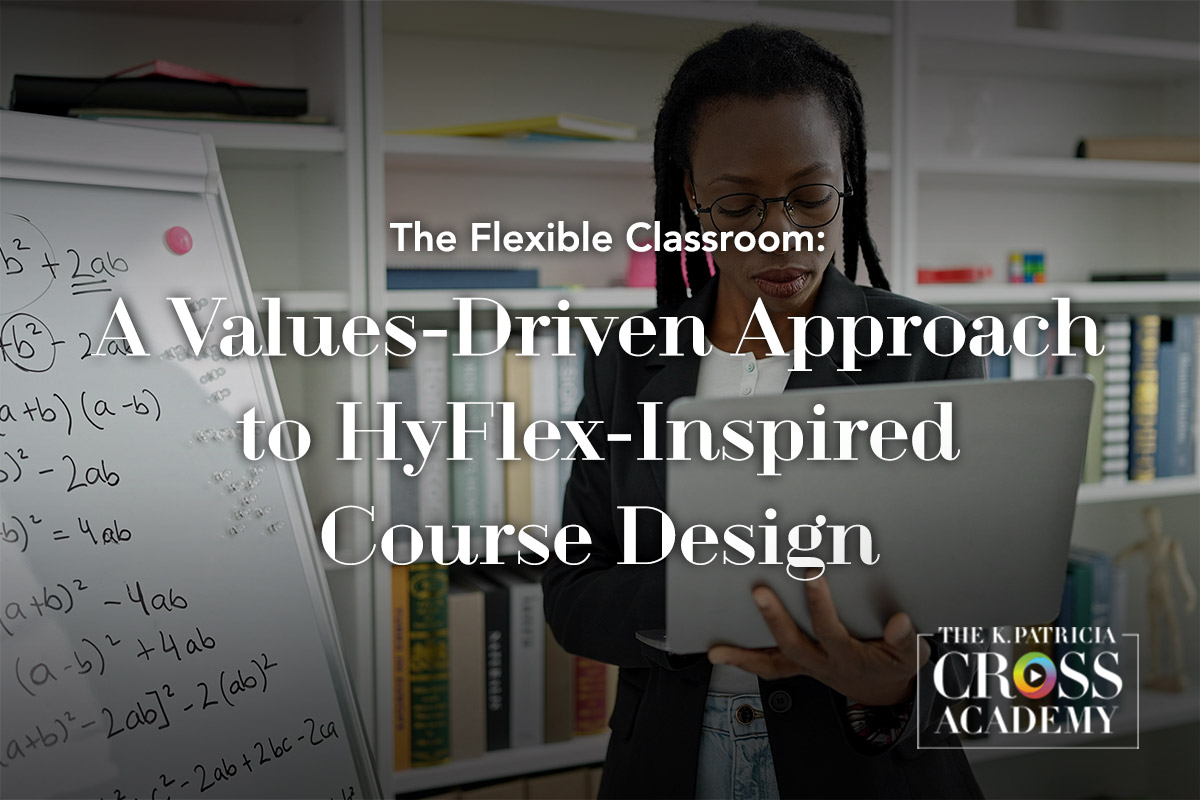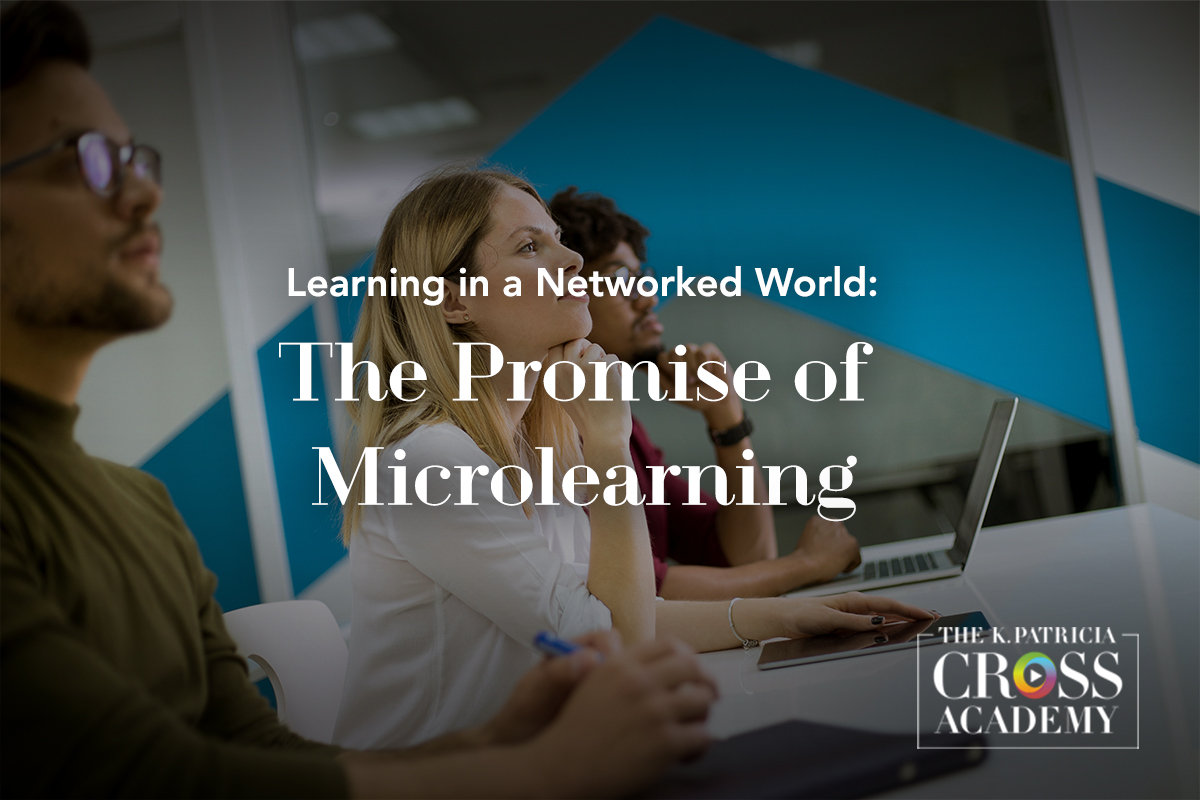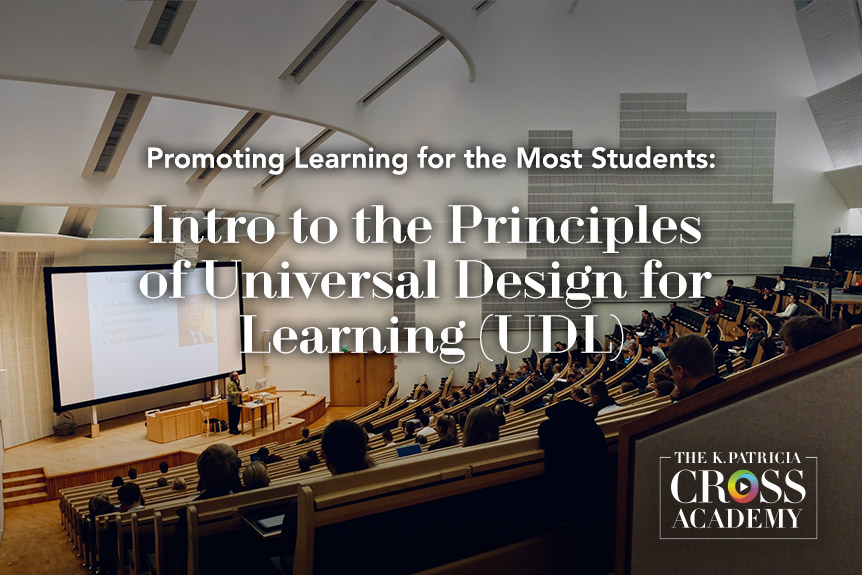CrossCurrents Library
CrossCurrents is an electronic publication that offers articles on a wide range of topics related to teaching and learning in higher education. Through engaging content that encourages exploration and reflection on best practices, innovative pedagogies, and emerging trends in higher education, we try to help college teachers successfully navigate the challenges they face in today’s complex classroom.
Featured Collections
Topics
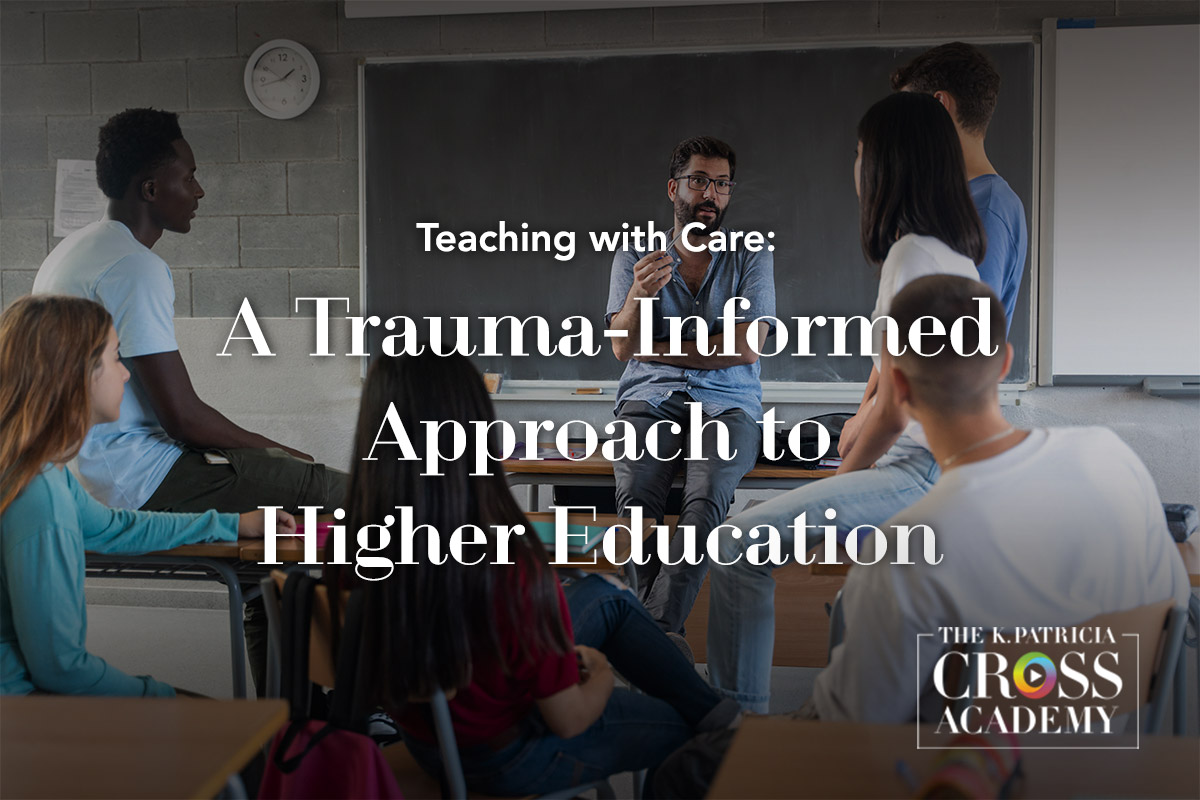
College students today face unprecedented mental health challenges. Data from the Center for Collegiate Mental Health reveals that nearly half of students who attended counseling services in 2023 reported having experienced trauma. n a University of Alabama at Birmingham survey of over 39,000 students across 332 higher education institutions, college students report Post-Traumatic Stress Disorder (PTSD) diagnoses have more than doubled since the pandemic, jumping from 3.4% to 7.5%. In 2022, the American Psychological Association declared that students across the United States are experiencing a mental health crisis.
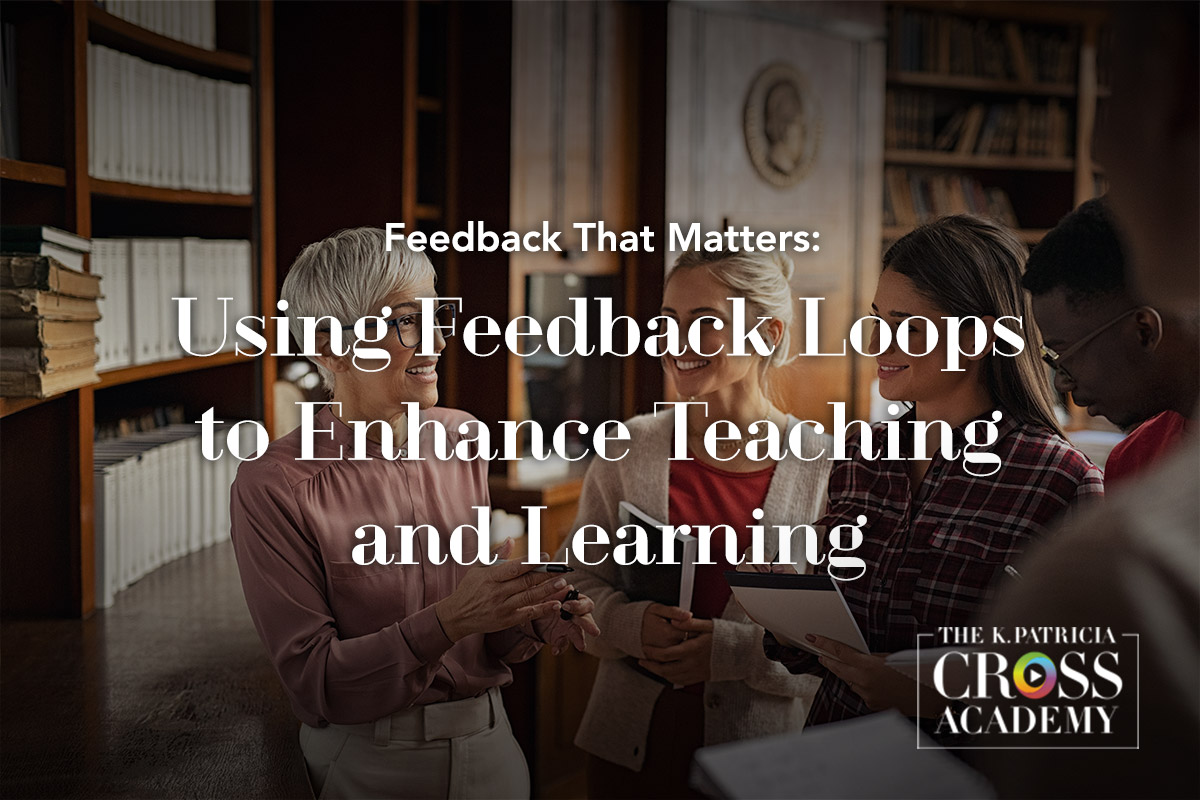
Successful learning is a collaborative process that requires both instructors and students to engage in knowledge creation. Despite this shared responsibility, feedback on coursework is often one-sided, privileging the instructor as the sole arbiter of student achievement. This method creates an inequitable power dynamic, positioning learners as passive recipients of knowledge.
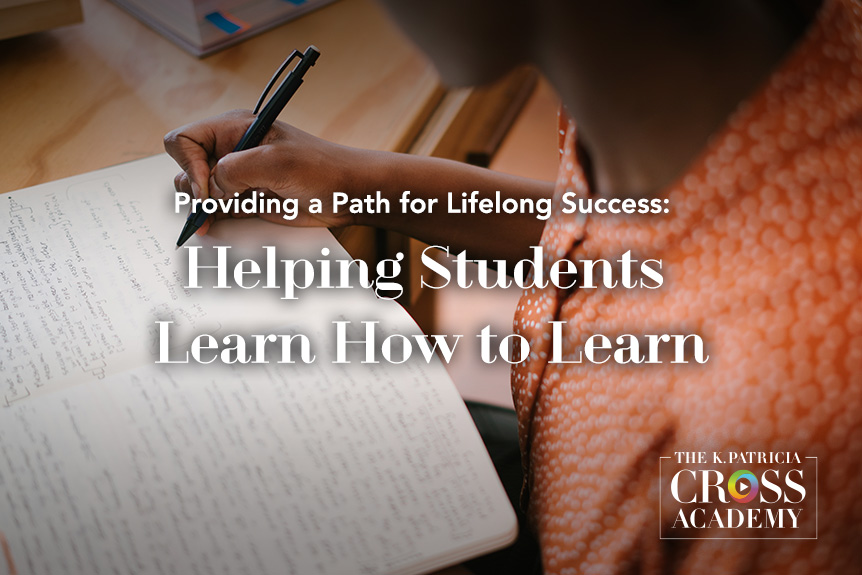
As college faculty, we have become quite adept at learning. Most students, however, are still acquiring those skills. They struggle with how to learn efficiently and effectively, often lacking even awareness that strategies exist that might assist them. We can help students become better able to direct and manage their learning by showing them how to use “learning strategies.”
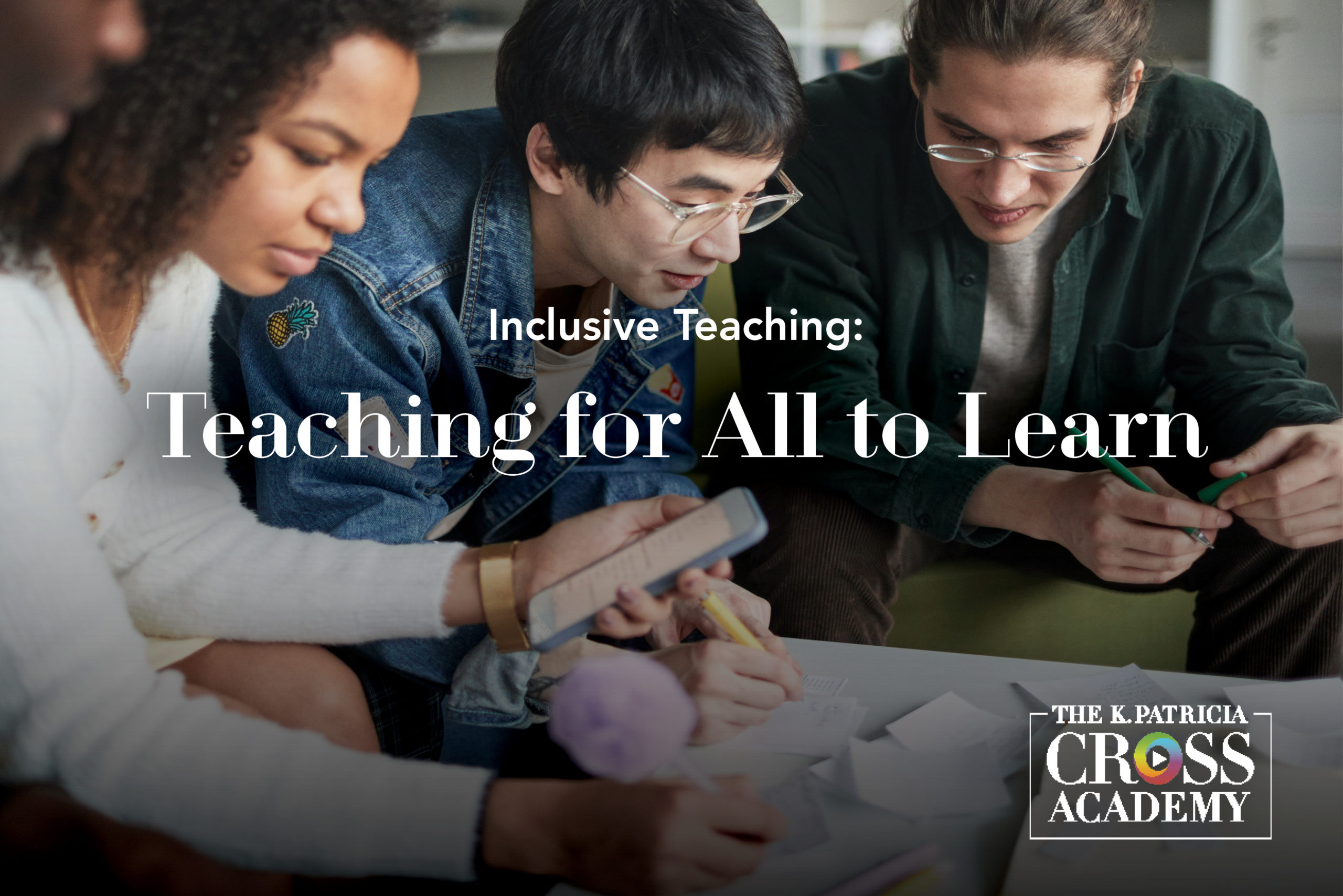
Inclusive teaching is not easy. It means digging deeper into why imbalances in participation, success, and completion exist. To adopt inclusive pedagogy, instructors necessarily engage in examining their own bias and awareness. In this article, we consider our responsibility, as educators, to practice inclusive teaching, and cover various techniques and methods for doing so.
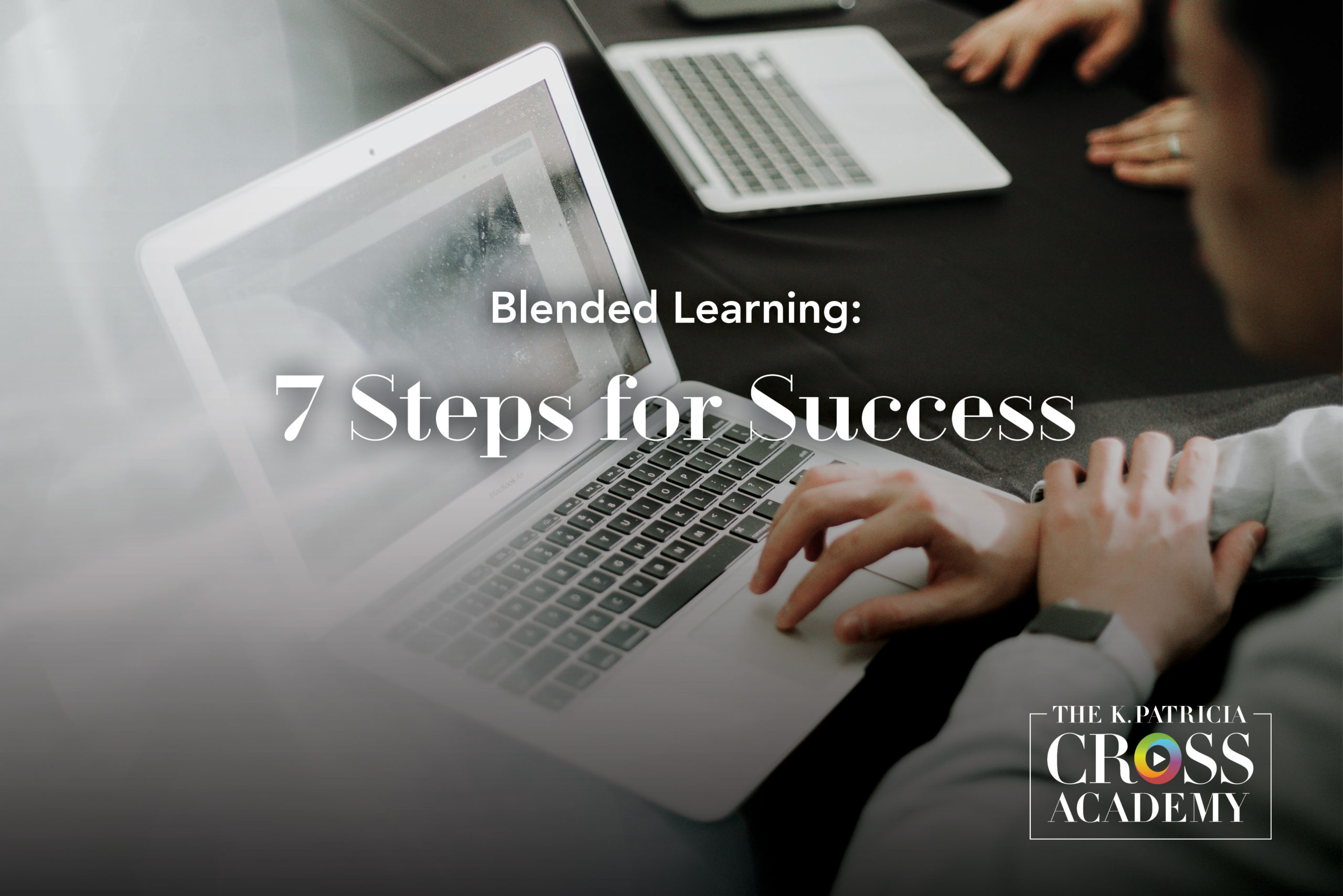
As colleges and universities look for new ways to improve both student learning and the student experience, blended courses are becoming increasingly common. A combination of onsite and online instruction, there is no single approach to blended learning. With any definition, the key to blended learning is the combination of onsite and online instruction. Educators in different geographic regions have
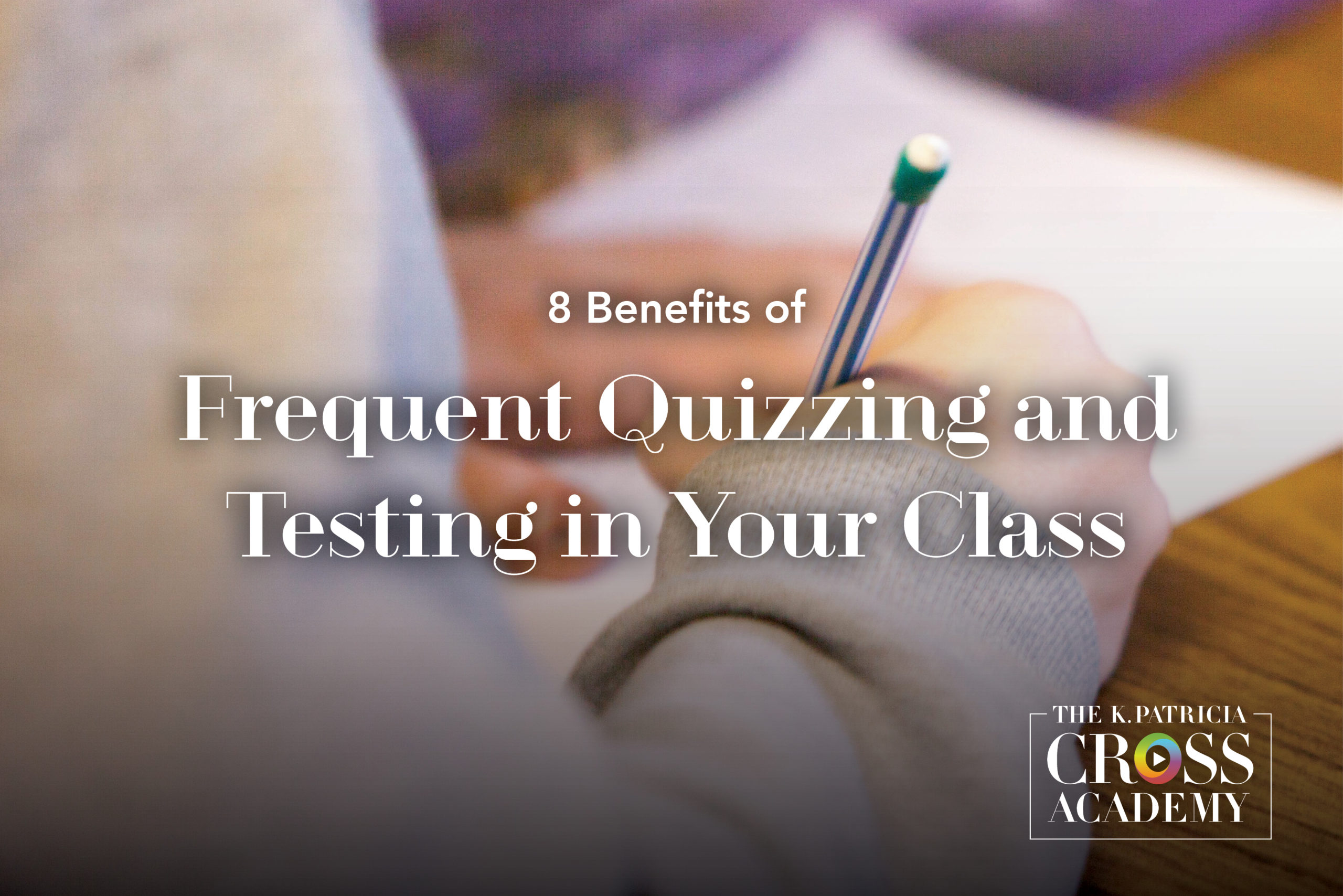
Few things strike fear in the hearts of students as much as tests, especially when knowing they will be used for summative assessment. Test anxiety aside, quizzes and tests can actually help students learn course content. Research demonstrates that the testing effect, which is sometimes called test-enhanced learning or retrieval practice, has a greater impact on student learning than simply
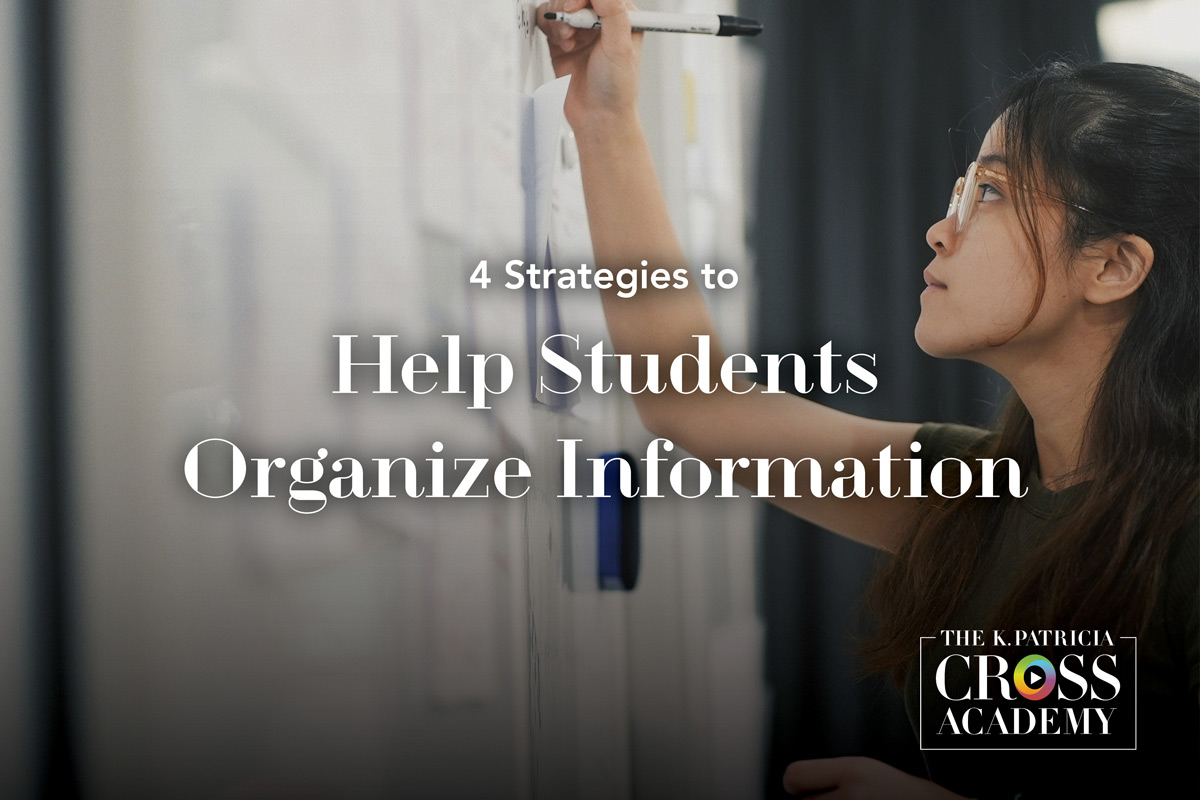
Humans are more likely to remember information that is patterned in a logical and familiar way. Furthermore, the act of organizing information is a helpful aid to human memory (Bailey & Pransky, 2014; Sprenger, 2002; Tileston, 2004). It is no surprise, then, that organizing information is a useful skill for students as well as an activity that can help to
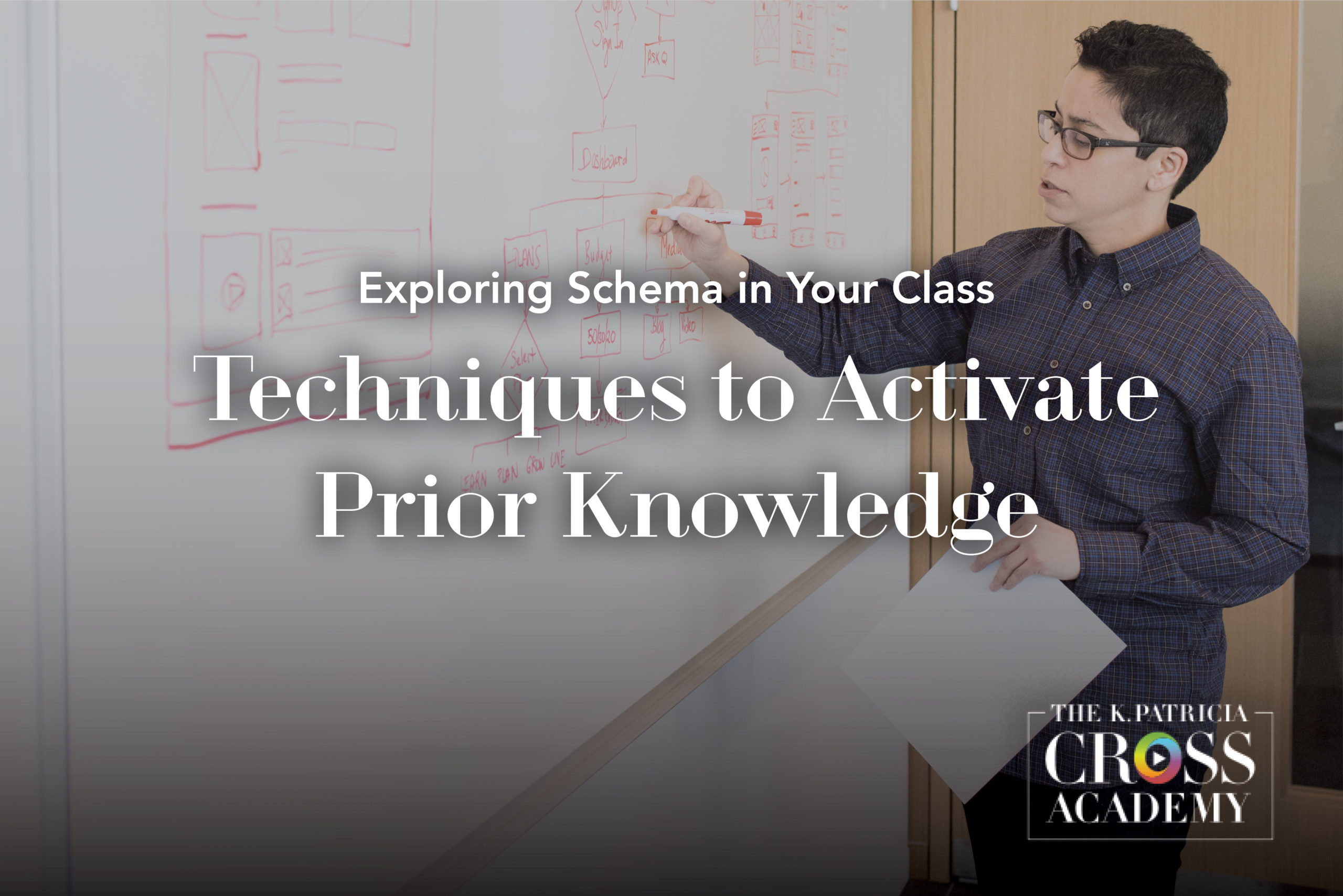
No student enters the classroom as a blank slate. Each has prior knowledge, also known as background knowledge, which informs their approaches to and understanding of new material and new experiences. Prior knowledge is the accumulation of everything a student has learned, through both formal and informal means. We can help students better understand new material by activating their prior
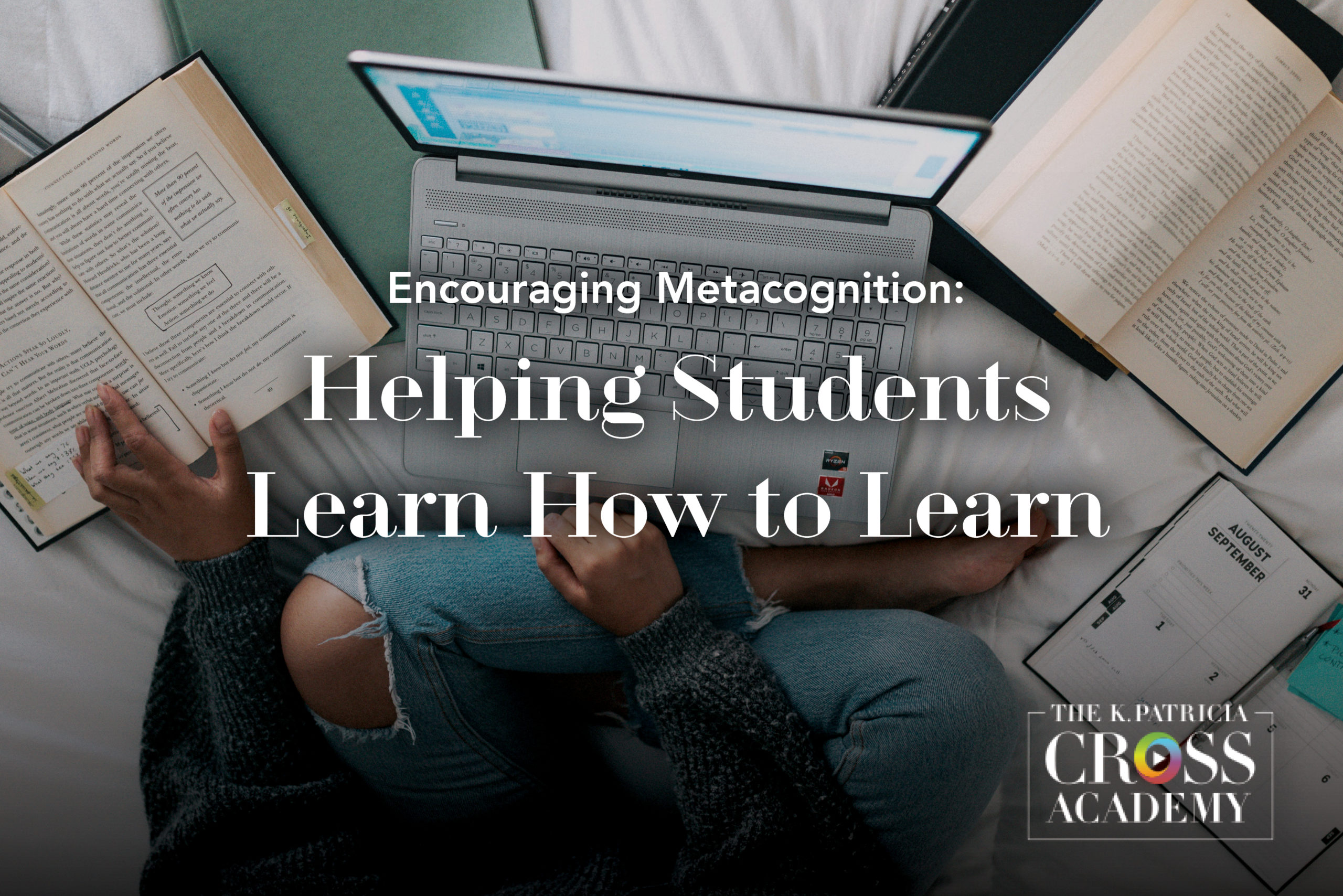
College and university students are regularly asked to learn a great deal of content and many skills in their courses, but the learning processes involved are rarely considered or managed on their own. For example, students can find it incredibly difficult to recognize learning gaps or misunderstandings when learning a new concept or process. They don’t always plan out their
